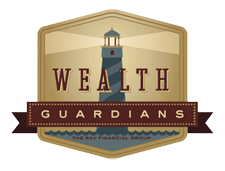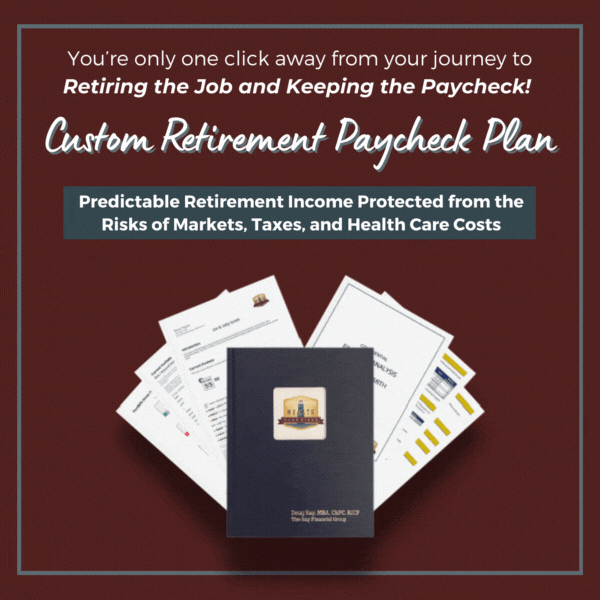 A woman came to our office recently to get a 2nd opinion on how her adviser was managing her portfolio.
A woman came to our office recently to get a 2nd opinion on how her adviser was managing her portfolio.
She was in her early 50s, divorced and raising one child, and she had $250,000 stocked away in an account with a major brokerage.
We asked her to bring in her statements to do a fee analysis, and she balked. “I don’t need that,” she said. “They told me my fees are really low.”
“But how do you know for sure?” we asked.
“Because they told me.”
She was there for a second opinion because she wanted to get the most return on her investments. She wasn’t even thinking about fees, taxes, or anything else that might be eating away at her portfolio’s bottom line.
And she’s not unusual. At least three-quarters of the people who come to see us are paying more in fees than they realize. (Some don’t even know they’re paying fees at all.) They feel guilty about getting a second opinion because they “love” their current financial professional who is “just so nice.”
When we create a plan we use strategies to manage risk with downside protection and choose each financial vehicle with care. We’re also proactive about reducing fees and taxes to help make a portfolio more efficient that way. Over decades, we could be talking about saving tens of thousands of dollars, maybe more – maybe even enough to retire earlier than originally planned.
Here are some things you can do to help preserve your money:
- Get a second opinion.
If you feel as though your financial professional is always selling you something instead of giving you advice, or if after a meeting you still aren’t clear on costs or what strategies are in place to deal with taxes and inflation, it may be time to move on. Many financial professionals will meet with you at least once at no charge, so you really have nothing to lose and potentially much to gain.
- Do your homework on fees.
Read your statements (and not just the number in bold at the bottom). Check out the prospectus when you purchase something, or have your financial professional go over it with you. This legal document has the facts you need to make an informed decision. Ask about the fees you’ll pay to buy, sell, hold, or otherwise deal with each financial asset. Know which fees will be on your statements and which ones won’t and ask how you can track the ones that aren’t there.
- Be sure tax efficiency is a major part of your overall plan.
Taxes can affect your savings to and through retirement and can even take a piece of your legacy. If most of your money is in a 401(k) or IRA, consider converting some of it to tax-efficient accounts. You can do this over time to help avoid taking a hit when you withdraw the money in retirement and continue to grow your nest egg in an efficient manner.
- Work with a fiduciary.
A financial professional who is held to the fiduciary standard is legally obligated to recommend products based on the best interests of clients. Being held to the fiduciary standard also requires that one must fully disclose his compensation and any conflicts of interest. This is especially important if you are at or near retirement age.
Many individuals get used to just going along with whatever a financial professional recommends. But the more you know, the better your chances of making and keeping the most cash for retirement.
That’s why we offer a no-cost, no-obligation 2nd opinion meeting where we will evaluate your current portfolio and provide you with your own Custom Retirement Paycheck Plan.
Our Custom Retirement Paycheck Plan shows how to protect your retirement from the risks of unexpected market swings, tax changes, and health care expenses using a mathematically tested strategy to create lifetime income allowing you to stop worrying about outliving your money and get on with enjoying the rest of your life.
Let us show you in black and white a custom retirement income plan that is comprehensive, individualized and based on strategies that balance growth with downside protection. Get your Custom Retirement Paycheck Plan now!
Give us a call at our Charlotte office at (704) 248-8549, or our Clemmons office at (336) 391-3409. Or, click here to request a no-cost, no-obligation meeting.
[SOURCES & ADDITIONAL DISCLOSURES]
Copyright © 2022 The Kiplinger Washington Editors. All rights reserved. Distributed by Financial Media Exchange. Kim Franke-Folstad contributed to this article.







